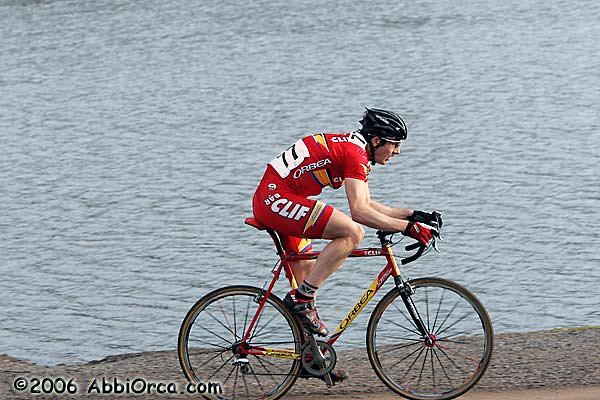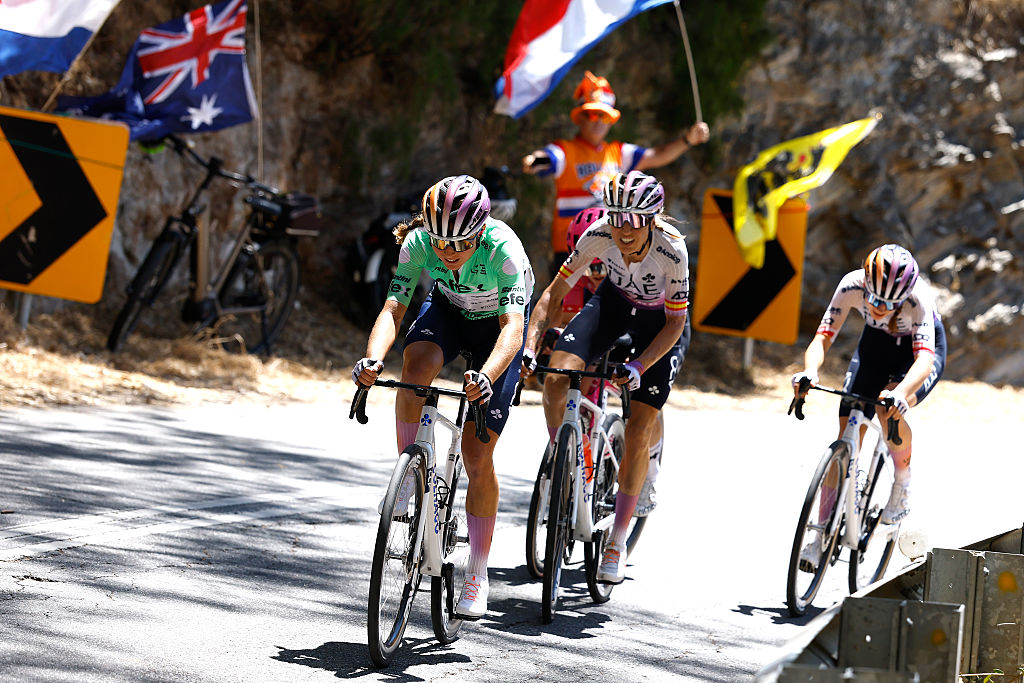Mark McCormack: Time to move on
At the 2006 cyclo-cross nationals, Mark McCormack, a multiple national champion on the road and in...

At the 2006 cyclo-cross nationals, Mark McCormack, a multiple national champion on the road and in cyclo-cross, revealed that he would not race as a pro on the road in 2007. With no formal announcement during the off season, Cyclingnews' Mark Zalewski called the veteran North American racer to see what was behind the decision, and what lay ahead for him.
For more than twenty years, Mark McCormack has been a part of cycling in North America in one way or another, from amateur to pro, enjoying success on both levels. McCormack found his greatest success alongside brother Frank on the Saturn team, winning the USPRO road championship in 2003. Following the end of Saturn, the two joined forces again on the newer Colavita team, with Frank moving to the role of director and Mark leading on the road. In those four years, Mark continued to ride among the top domestic pros, helping propel the team upwards, and mentoring younger riders.
The team was owned and managed by John Profaci who also ran the Colavita Company at the same time – essentially working two full-time jobs over the past three years. "It's always been me, at my desk," said Profaci about running the team and company simultaneously. "I juggle the business, with sales and marketing, and then the two teams – or ten teams, if you include the regional teams! It was just too much for me."
This year, Profaci decided to hand over the day-to-day operations to Tom Schuler and his Team Sports management company, after successfully merging the Colavita women's programme with Schuler's former Quark team during the 2006 season. When talk of this began to circulate back in August, Profaci and Schuler said that both Mark and Frank were going to remain with the team. However, since that time, financial and other issues resulted in reevaluations; and the money to pay Mark was not found.
"The management changed everything," said Mark. "If Profaci was running the team, I would still be racing, plain and simple. Not because of personalities, but because of dollars. I could easily race for Tom if he wanted to pay me a fair wage. That was a hard thing to accept. We had all assumed that when the team changed management, the only change would be someone else would be signing your paycheck. We hoped the team would grow in sponsorship but it didn't go that way."
To read the complete feature, click here.
The latest race content, interviews, features, reviews and expert buying guides, direct to your inbox!
